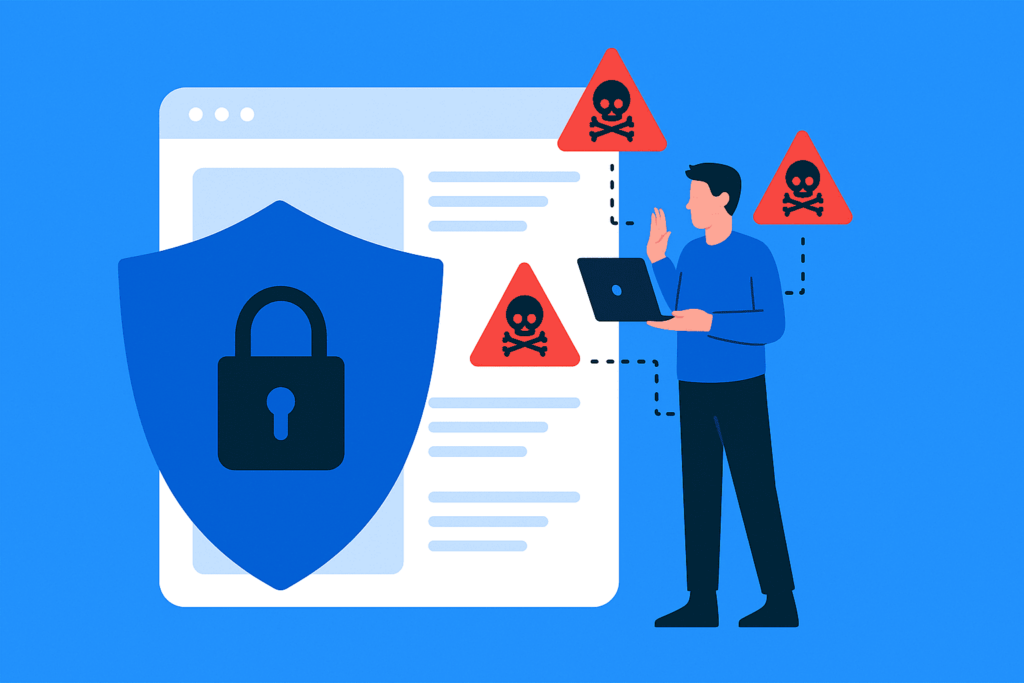In today’s digital world, your website is often your most valuable asset and your biggest risk. Cyber assaults on websites may result in data breaches, operational interruptions, reputational harm, and financial detriment. By using appropriate security measures, one can significantly mitigate risks and safeguard their online presence.
Maintain Software and Plugins Current
Obsolete content management systems (CMS), plugins, or themes frequently serve as vulnerable entry points for attackers.
- Consistently refresh all elements of your website, encompassing CMS platforms such as WordPress, Joomla, or Drupal.
- Eliminate redundant plugins and themes to minimise your vulnerability exposure.
Use HTTPS and an SSL certificate.
Enhance your website’s security by implementing an SSL certificate for HTTPS.
- The certificate encrypts data transmitted between your website and users, safeguarding important information.
- Contemporary browsers designate HTTP-only websites as “Not Secure”, potentially dissuading visitors.
Deploy a Web Application Firewall (WAF).
A WAF reduces harmful traffic and protects against common threats like SQL injection.
- SQL injection
- Cross-Site Scripting (XSS)
- Distributed denial-of-service (DDoS) assaults
Enhance Access Control
- Employ robust, distinctive passwords for all administrative accounts.
- Activate two-factor authentication (2FA) to enhance security measures.
- Limit access according to roles and permissions.
Conduct Routine Backups
In the event of an attack, backups enable rapid restoration of your website.
- Automate routine backups on a daily or weekly basis.
- Safeguard them via remote or cloud-based storage solutions.
Observe Your Website for Anomalous Activity
- Use tools that notify you of unauthorised alterations, login attempts, or malware infestations.
- Perform regular vulnerability assessments and penetration testing.
In conclusion, a secure website not only protects your data but also retains client trust and assures business continuity. Maintaining updated systems, employing encryption, and implementing layered security measures can substantially mitigate the danger of cyber assaults.
